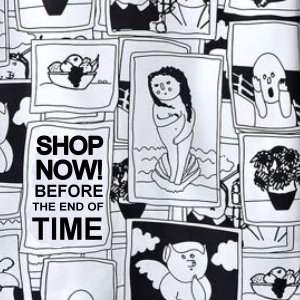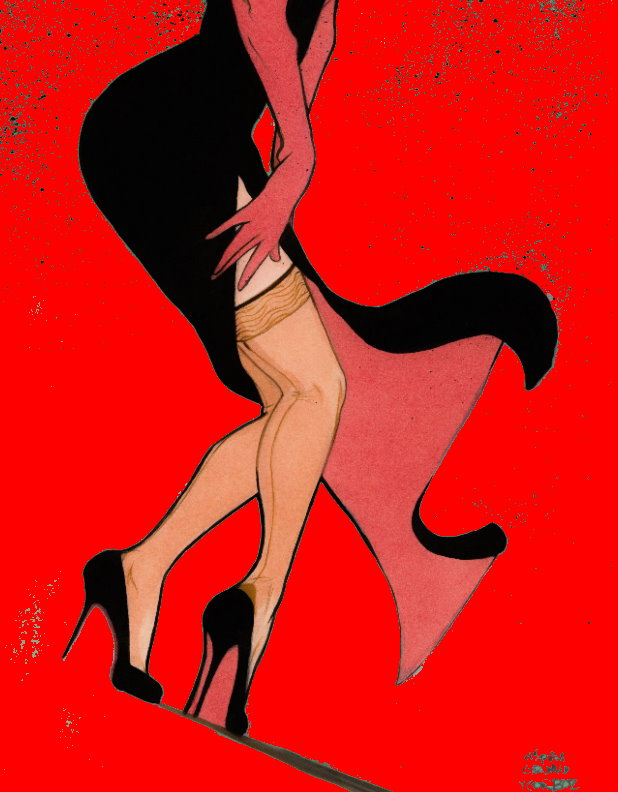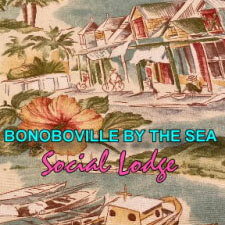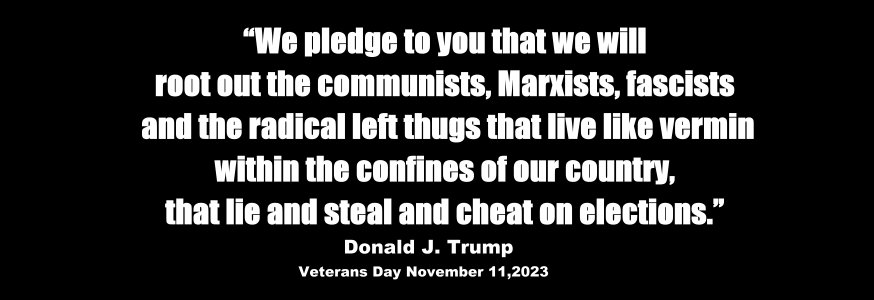Hotel Rwanda, Hotel Bonobo
The other day I watched Hotel Rwanda. I know, I know, it came out in 2004. So I’m a little slow when it comes to watching other people’s movies. What can I say? I’ve been kind of busy making my own…
I will say it’s one of the most compelling films I’ve ever seen, moving me to tears several times over. A gripping, tightly constructed script by Keir Pearson, masterful direction by Terry George, awesome acting all-around, from Don Cheadle’s bravura lead right down to the extras playing the dead bodies in the streets. Most important, it conveys an essential message of peace and the value of communication and negotiation even in the midst of what appears to be uncontrollable violence. I also really appreciate that, although it is about the massacre of almost a million people in just a few months, many of whom were butchered by machetes, it wasn’t a gory horror movie. In fact, you hardly ever see anyone actually being killed. Mostly you see the *before* – wild-eyed militiamen wielding guns and butcher knives – and *after* – corpses everywhere.
The film centers on the monstrous violence that wracked Rwanda in 1994, as America and Europe seemed not to notice that hundreds of thousands of men, women and children were being slaughtered, mostly by marauding militias, some by the army, many by their own neighbors, apparently over a conflict between two *ethnic* groups. These two groups or tribes were/are 1) the Tutsis, who had been historically favored by the Belgian colonists because they were taller, lighter and had more European features, and 2) the Hutus, the more numerous, supposedly more African-looking people who had been systematically persecuted by both Belgians and Tutsis in colonial times. At this point, it’s very hard to tell who’s a Tutsi and who’s a Hutu just by looking, or even talking with them; even the Tutsis and Hutus themselves can’t tell and require papers to prove which group you’re in. The fact that many Hutus and Tutsis intermarry, and some seem to fight on the *side* of the other, makes the situation even more complex. Nevertheless, this shadowy *difference* appears to be the crux of a conflict that has murdered millions over the years. “Hotel Rwanda” picks up in ’94 when there is a Hutu government in charge of Rwanda. Having been persecuted under Belgian and then Tutsi rule, now the Hutus want payback, and that payback is no mere taxation, conscription, slave labor or even a concentration camp. No, payback for being a Tutsi is death, swift and vicious. If you’re lucky, you get killed by a gun, as opposed to hacked to death by a machete.
Into this appalling scene, steps the star of the film, hotel manager Paul Rusesabagina, the real-life character played so superbly by Don Cheadle. As portrayed in the film, Paul is a sort of Oscar Schindler of Rwanda, a Hutu who saved over 1000 of his Tutsi and “moderate Hutu” neighbors from being massacred by the “radical Hutus” in what the movie essentially describes as a “genocide.” Since Paul’s own wife Tatiana (another great performance by Sophie Okonedo) is Tutsi, his story is deeply personal, and we the viewers are with him, every step of his incredible heroic journey. .
So what’s my problem with “Hotel Rwanda”? You knew that I was getting to a problem, didn’t you? Well, it’s the story itself. Apparently, it’s not altogether accurate. Or maybe “subjective” might be a better word. But it’s just a movie, right? Then again, it presents itself as being almost a documentary, with actors playing the roles of real people with real names in a very real situation. The devastation of Rwanda (and its cold abandonment by the West) is undeniably real. But was it “genocide,” as it is presented in the movie, with one ethnic group the sole perpetrators of the violence and the other group the innocent victims? Or was it some kind of complex civil war with many innocent victims?
“Hotel Rwanda” clearly shows one side – the bloodthirsty radical Hutus – viciously attempting to obliterate the other side – the apparently more peaceful , more reasonable Tutsis. It is very black and white, which is one of the reasons that we feel so deeply and unquestionably for the hero, Paul, his family and the people he is helping. But is that the whole true story? Of course, I wasn’t there, and I freely admit that the internecine politics of this battle-torn African nation are beyond baffling. But the nature of bloggamy is to blog about what is baffling, so here goes:
In looking up “Hotel Rwanda” on the Internet with the goal of getting the correct spelling of Rusesabagina, I encountered a variety of writings about how the film is incorrect, or *biased,* in various critical scenes, as well as its underlying message that the avalanche of violence that devastated Rwanda – and is still devastating neighboring Congo, to the great destruction of humans, bonobos and the entire Congolese rainforest – was a black-and-white, evil-versus-good, Hutu-Exterminatinating-Tutsi “genocide.”
First, over at Counterpunch, I found Amadou Deme’s Hotel Rwanda: Setting the Record Straight. Deme was a Senegalese Army Officer who served in the intelligence team of the UN Mission for Rwanda from August 1993 to July 1994. His piece describes how one of the pivotal scenes in the movie shows a UN Peacekeeper Colonel (played with passionate panache by Nick Nolte) wielding a gun to control a murderous mob, when it was actually one of the major villains of the film, the devilish beer salesman, machete supplier and Hutu Interahamwe Militia Leader Georges Rutaganda (played to frightening demonic perfection by Hakeem Kae-Kazim), who courageously came out to calm down the mob, using no weapons but words. If you’ve seen the film, you know that this is an extremely important distinction.
In other moments, “Hotel Rwanda” beautifully demonstrates how even under the worst, most savage conditions, the power of reason and persuasion can save the day, usually with Hotel Manager Paul Rusesabagina doing the reasoning and persuading. Thus, Deme wonders why the filmmakers did the opposite in this critical scene described above, when the truth is so much more insipring, albeit awkward (for the Tutsi position that all the “radical Hutus” were/are bloodthirsty). It also makes the situation much more complicated, what with “radical” Hutu militia leader Rutaganda doing the peacemaking. It challenges the whole Black and White, Good and Evil, Hutu Against Tutsi construct. It even makes you wonder if there is still some Western bias against the Hutu because of their generally darker skin.
HOTEL RWANDA: Hollywood and the Holocaust in Central Africa by Keith Harmon Snow goes into even more detail about how the film only tells a small, part of the devastating story, that it “was not a coordinated genocide that occurred in Rwanda in 1994, but a civil war, and a western proxy war, with deep political, economic and military motivations behind the atrocities…Hotel Rwanda exemplifies the careless, simplistic reductionism that is universally manifest in the West’s representations of Africa…If truth is the first casualty in war, then those of us who are lucky observers must endlessly work to resurrect it. In Central Africa, today, truth mingles with the souls of the dead, forsaken amidst the unheard cries of some seven million—mostly innocent people–whose life on this earth ground to a gruesome, meaningless conclusion.” Warning: This is a fascinating, eye-opening article but ONLY if you have seen the film and/or have more than a passing aquaintance with Central African politics.
So, why am I so worried about the bloody confusing politics of the Great Lakes Region of Middle Africa? Partly because I, like most web-cruising liberals, am concerned about my fellow human beings, wherever they may be. But I must admit that I have a *special interest* here: I am concerned about the Heart of Africa because ironically enough, within this area of ongoing war and devastation live the last tribes of my beloved “Make-Love-Not-War” bonobo chimpanzees. Yes, just as Bush cares about the oil in the Middle East, I care about the bonobos in the Congo. Of course, unlike Bush who so cavalierly kills people to try to get control of their oil, I would not kill people to try to save bonobos. But something must be done!
Deep in the Congolese Rainforest, our highly endangered kissin’ cousins – who have so much to teach us about how to live in peace – are being slaughtered as “bushmeat” by Hutu rebels, Tutsi soldiers and other desperate fighters as their dreadful wars rage on. Yes, it is against the law to kill bonobos, but they are doing it anyway, and the indigenous bonobo population is getting dangerously close to extinction.
Ironically enough, bonobos use sex to diffuse violence and are the only Great Apes that have never been seen killing each other in the wild or captivity. They are also the only primate species that is not male-dominated, and they are over 98% genetically similar to human. We only discovered bonobos in the 1930s, and research on them is just beginning. They are a precious, irreplaceable natural resource. Imagine what bonobos could teach us about how to make peace through pleasure, if only we had the time to learn! But time is running out for the bonobos, as Central African wars and devastation push them closer to annihilation.
A lot of focus in the news is on Sudan these days, not to mention the Middle East, and certainly there are too many innocent people being killed there. But few are talking about this area of Central Africa where not only people are being killed, but the last of a very special species. No offense to all the people who have been killed, and this is no excuse for any kind of killing. But there are plenty of people on Earth, probably too many. And there are very, very few bonobos.
Will someone please open a Hotel Bonobo? Claudine André who manages a bonobo sanctuary near Kinshasa and my friend Sally Coxe – known as “Mama Bonobo” in Congo – of the Bonobo Initiative are certainly trying. And will someone in Hollywood make a movie about it – quick, before it’s too late?
This is not a rhetorical question. If you’re serious about helping to make “Hotel Bonobo” – on the ground and in the cinema – let’s talk.
Explore DrSusanBlock.com
Need to talk? Sext? Webcam? Do it here. Have you watched the show? No? Feel the sex. Don’t miss the Forbidden Photographs—Hot Stuff, look at them closely here. Join our private social media Society. Join us live in studio 😊. Go shopping. Gift shop or The Market Place. DrSusanBlock.tv, real sex TV at your toe tips. Sex Clips Anyone? FASHION, we have fashion! We also have politics. Politics? Have you Read the book? No? How about the Speakeasy Journal? Click here. Ok, how about some free sex advice?































 Get The Bonobo Way
Get The Bonobo Way You Must Read
You Must Read  And Also,
And Also,
05 · 6 · 06 @ 4:26 pm
I saw the film a while ago. Africa is still feeling the effects of colonization. The effects of colonization are far reaching, and one of the reasons the Middle East is unstable was it once was European colonies that never really learned to be independent and develope as a society . American is still in a nineteenth century frame of mind, playing the the nineteenth century imperialistic game. Europe learned the hard way that imperialism does not work. Instead of nation-states playing the rule-the-world game, now multinational corporations are playing the rule-the-world game. Certainly these corporate conquerers are no better to the world than the nation-state ones.
05 · 6 · 06 @ 12:01 am
Thanks, Suzy. We’ve got some momentum going… Need to raise some serious $ for logging concession conversion, but we’re on the right track. Our cup runneth over, now we just need our bank account to do the same! Heading back to Congo soon. Hope to make it over to sunny CA at some point before too long. Hope all goes well with you! xo sallywww.bonobo.org
05 · 4 · 06 @ 10:19 am
This is my favorite part: “…there are plenty of people on Earth, probably too many. And there are very, very few bonobos.” I just made a donation to The Bonobo Conservation Initiative: hope it makes it to Mama Bonobo before going towards someone’s salary in Washington, DC.
05 · 4 · 06 @ 3:26 am
I’m into the Bonobo Way, and your whole philosophy of sex and politics, and I watched the stream of the Bonobo Imperative with Dr. Rose and I believe we need to save these creatures somehow. I never saw Hotel Rwanda, but now I think I will see it. Even though you say it has problems, it sounds like a good movie, better than most of what’s out there.
05 · 4 · 06 @ 3:00 am
First I’d like to tell you that many of us are celebrating the election results. We got rid of our village idiot Mr. B. You Americans should really do something about your madman “The Decider”.Great piece on Hotel Rwanda. Very thought-provoking. Now, about the Bonobos which you introduced me to years ago. As you know I have made donations to a couple of groups you recommend. In the next few weeks I will make a donation to this project. I am currently traveling, I’ve been very busy during the elections here in Italy. But will be more in touch again soon.In the meantime, I urge all your readers to help with this project and I know as a businessman that lots of money is needed. So help out, there are many important things and knowledge we can gain, if we can save the amazing bonobos.With love,Carlo